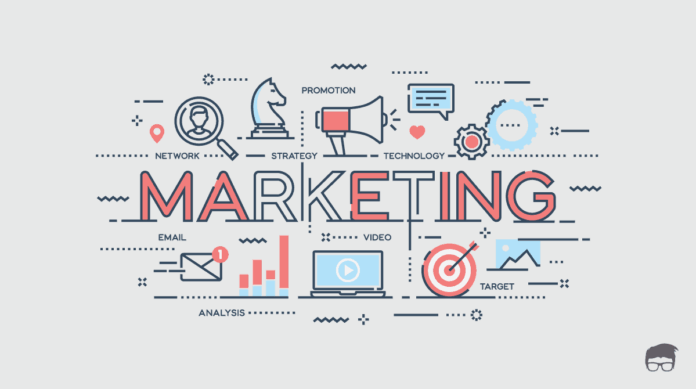The Core Insight
Marketing is not about products. It is about perception, emotion, meaning, identity, and trust.
The goal of marketing is to create the conditions that lead the customer to decide to buy on their own.
Marketing’s ultimate purpose:
Get more of the right people to buy more of your offering, more often, at higher margins, more efficiently than your competitors—by shaping perception and trust.
Why Marketing Matters
- People are not rational buyers.
They buy based on identity, emotion, and social proof—not facts. - Products do not sell themselves.
Even a great offering needs awareness + trust + story. - Marketing is cumulative.
Repetition builds top-of-mind awareness; trust often requires 7–11 exposures. - Market share compounds.
The more known you are, the easier it is to be chosen.
Marketing vs Sales vs Branding
| Function | Purpose | Core Question |
|---|---|---|
| Branding | What remains in their mind after they leave. Identity & meaning. | Who are we in their eyes? |
| Marketing | Gets attention and builds desire & trust. | Why should they care? |
| Sales | Converts desire into revenue. | How do we help them commit now? |
Marketing makes selling easier—or unnecessary.
How Marketing Has Changed
- Mass media and one-shot campaigns are inefficient and fragmented.
- Modern marketing is:
- Digital-first
- Slow, cumulative, relationship-based
- Driven by content, community, and trust
- Push marketing is fading.
Pull / viral / word-of-mouth marketing grows when real value is shared.
What Actually Works Today
- Content is the new marketing.
Education > persuasion. Show value first. - Word-of-mouth is still the strongest channel.
Spread occurs through:- Connectors
- Mavens
- Salespeople (social influencers in each micro-community)
- Photographs, video, and storytelling matter more than logos or websites.
Visual identity first, then infrastructure. - Collaborative / affiliate/partner marketing amplifies reach.
- Customer service is marketing.
Service = Trust → Reviews → Referrals → Compounding growth.
Marketing Strategy Framework
To market effectively, answer:
- Who is this for? (Define the audience clearly—identity, tribe, worldview.)
- What is this for? (What change are we promising in their life?)
- Why will they tell others? (Network effect.)
- What story are we telling? (Emotion > Information.)
- Where does our audience already spend attention? (Channel selection.)
Execution Principles
- Test, refine, test again—marketing is an experiment.
- Use a marketing calendar—plan 3+ months ahead.
- Measure the true metrics:
- New clients
- Client lifetime value (including referrals)
- Refunds / dissatisfaction rate (trust leakage)
- Never cut marketing in downturns—strong marketing = resilience.
- The CEO must lead marketing vision from the top.
Modern Marketing Equation
Marketing = Meaning + Story + Social Proof + Consistent Visibility
If perception → trust → desire flows smoothly, selling becomes natural.
Marketing shapes perception and culture so that customers choose you emotionally and repeatedly—not because your product is better, but because your message resonates and your value is trusted. – Stephen Choo Quan










